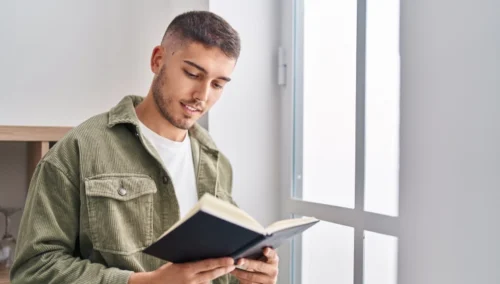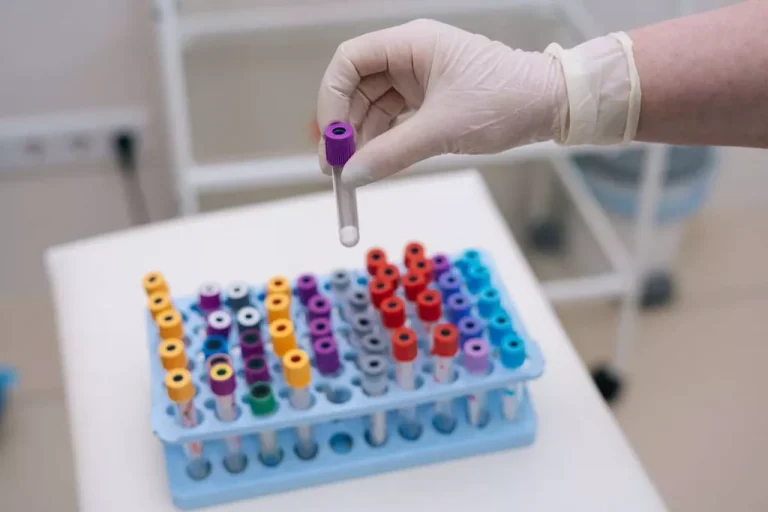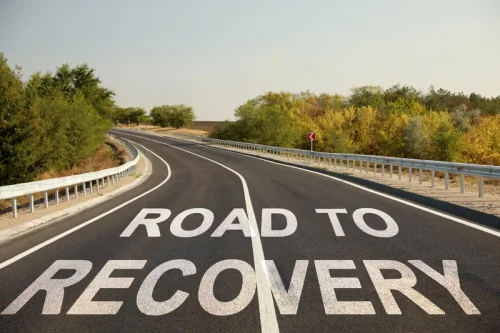Long-term, alcohol abuse disrupts your body’s ability to regulate your blood sugar. This is partially because alcohol can damage the pancreas, which controls blood sugar levels, and partially due to poor diet and malnutrition. The good news is, it is possible to get to a place where you don’t feel controlled by the sweets in your house. Typically, I see sugar cravings tapering down within a few weeks with the proper nutrition and hydration.
Changes in brain chemistry

Excessive caffeine intake can actually increase sugar cravings due to fluctuations in blood sugars and dehydration. Recognizing the potential influence of sugar cravings on your recovery journey anchors your commitment to overall healthier habits and favorable recovery outcomes. In pairing awareness with professional assistance, you equip yourself with the necessary support to tackle any sugar cravings head-on and stay steadfast on your road to sobriety. An uncontrolled sugar habit not only potentially derails your sobriety efforts but can also lead to health issues like weight gain, diabetes, and heart disease.

Sugar Cravings After Quitting Alcohol Starts in the Brain
Having a structured routine, (i.e. getting enough sleep, which is ideally, 7 or more hours) and eating three balanced meals a day, can also help combat cravings, says Dr. Weiss. Some studies have found parallels between how the brain responds to addictive drugs and how it responds to consuming sugar. Sugar activates the brain’s reward system, which triggers us to crave more. Ultimately, this can create a disconnection between our behavior (cravings) and actual caloric needs, potentially leading to sugar addiction and overeating. There are several reasons people in addiction recovery may develop a preference for sweet foods. Different substances can create various inclinations for sugar, and there is an underlying connection between addictive behaviors and sugar intake.
I Dreamed About Using Drugs – What Does That Mean?
It’s important to remember that everyone’s journey is unique, and what works for one person may not work for another. Therapy can also play a vital role in addressing underlying emotional issues that may contribute to sugar cravings. Understanding these factors can help individuals in recovery better manage their sugar cravings.
When someone quits drinking alcohol (chronic use), the body will search for dopamine in other ways. Addictions are physically and mentally consuming and I recommend working with different behavioral health practitioners to get to the root of your individual addiction patterns. A person can speak with a mental health professional to better understand their alcohol cravings. They can also seek medical support if they believe they may have alcohol use disorder.
Cravings and alcohol use disorder
- You’d be surprised at how some diet changes can help ease your sugar cravings.
- There are plenty of reasons that explain this occurrence, and it’s something that many drug and alcohol treatment services plan around.
- If you experience withdrawal symptoms, like anxiety, agitation, sweating, or hallucinations, it’s best to talk to your GP or healthcare provider.
- By repeating our everyday habits, we condition our brains and bodies to do things regularly.
- However, this depends on how much sugar one consumes during this time.
- Research has also shown that some foods tend to be more “addictive” than others, including highly processed foods with a high glycemic load.
It’s important to talk to your doctor if you suffer from low blood sugar. You’d be surprised at how some diet changes can help ease your sugar cravings. In fact, that’s part of the reason why the expert team at Silver Maple Recovery provides healthy why do alcoholics crave sugar meals for patients. Did you know that it’s common for people who have struggled with alcohol addiction to have low blood sugar? The liver, the organ that processes any alcohol you drink, is in charge of releasing glycogen into your blood.

Impact on Blood Glucose Levels

The way the mind and body (especially the gut) are connected, the mechanisms that drive hunger, and our unique memories, tastes, and dietary needs make food cravings very complex. Findings from similar studies have helped researchers understand the phenomenon of food addiction, which can be another factor if someone is experiencing persistent cravings. Research has also shown that some foods tend to be more “addictive” than others, including highly processed foods with a high glycemic load. Food habits can also be formed from boredom and daily routines. If you find yourself grabbing a snack when you are bored, you may have paired the feeling of boredom with the activity of grabbing something sweet to eat. You don’t have to completely deprive yourself of the treats you enjoy.
- In other words, what works for a friend won’t always work for you.
- Understanding the factors that contribute to sugar cravings in recovering alcoholics can provide insights into why these cravings occur.
- That is the most important step towards getting healthy and addressing any mental health issues.
- Over time, many people find their cravings easier to control and reduce in strength.
- Moreover, starting your day with a glass or two of water can set a positive tone for your body’s hydration requirements.
Lean meat, seafood, eggs, tofu, edamame, tempeh, beans, nuts, hummus, seeds, almond butter.. (However a mix of both is ideal!) Protein can keep you satisfied throughout the day and provides amino acids to help combat cravings. Quitting drugs and alcohol is a personal decision and nobody can make that choice for you.
